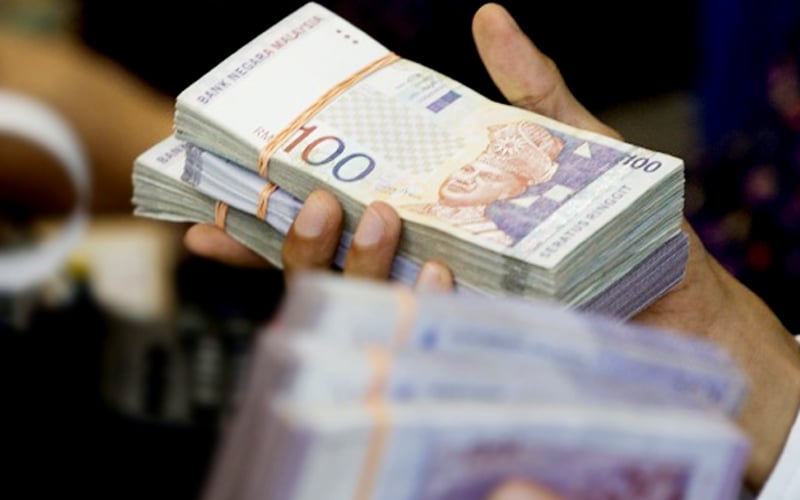
PETALING JAYA: Investors are eyeing a key threshold in the ringgit that may warrant a stronger intervention from the central bank as authorities navigate rising inflation risks.
State Street Global Advisors’ Kheng Siang Ng, who started his career as a portfolio manager at Bank Negara Malaysia almost three decades ago, expects the authority to intervene at around RM4.8 per dollar.
That’s also a view held by analysts from banks including Oversea-Chinese Banking Corp and Sumitomo Mitsui Banking Corp following policymakers’ recent verbal pushback. The currency last week briefly slipped past that level to the weakest since January 1998.
“The increased frequency of officials talking about the ringgit suggests that they have stepped up scrutiny,” said Christopher Wong, a currency strategist at OCBC in Singapore.
“If there is any sharp, one-sided move, then it may warrant some action.”
The ringgit rose 0.2% to 4.7640 per dollar as of 9.18am in Kuala Lumpur. It has weakened 3.6% this year, among the worst performers in emerging Asia.
The depreciating currency is set to raise prices of goods and services, posing challenges for authorities as they contemplate their next monetary policy move. Analysts are expecting interest rates to remain unchanged this year, keeping borrowing costs elevated for longer and further eroding domestic demand.
Malaysia is already grappling with a slowing economy amid sputtering growth in China, its biggest trading partner. Economists have trimmed their forecast for Malaysia’s growth this year to 4.3% after expansion came in slower than expected in 2023.
The US dollar’s resilience is adding to the pressure on the ringgit.
“This will make the rate cut thesis a challenging one as BNM needs to weigh the prospect of higher inflation and the need to support growth,” said Afzanizam Abdul Rashid, chief economist at Bank Muamalat Malaysia Bhd.
The ringgit’s slide has also become ammunition for the country’s opposition party, piling pressure on Prime Minister Anwar Ibrahim’s coalition government. Some analysts have said there is further risk the currency will weaken to record lows.
Bank Negara governor Abdul Rasheed Ghaffour on Tuesday said the ringgit ought to trade higher given the nation’s positive economic outlook, though he stopped short of saying officials will intervene in the market.
“The central bank’s primary objective is to prevent overshoot,” said Ng, head of Asia Pacific fixed income at State Street Global Advisors.
“If they feel this has been achieved, there is no need to have large intervention.”
“Any actual intervention is likely to be more to lean against the wind than something aggressive,” said Moh Siong Sim, a currency strategist at Bank of Singapore Ltd.
“Reserves adequacy is relatively lower compared to its Asian peers. That is a constraint.”
Malaysia held about US$115 billion of foreign reserves as of mid-February. - FMT


No comments:
Post a Comment
Note: Only a member of this blog may post a comment.